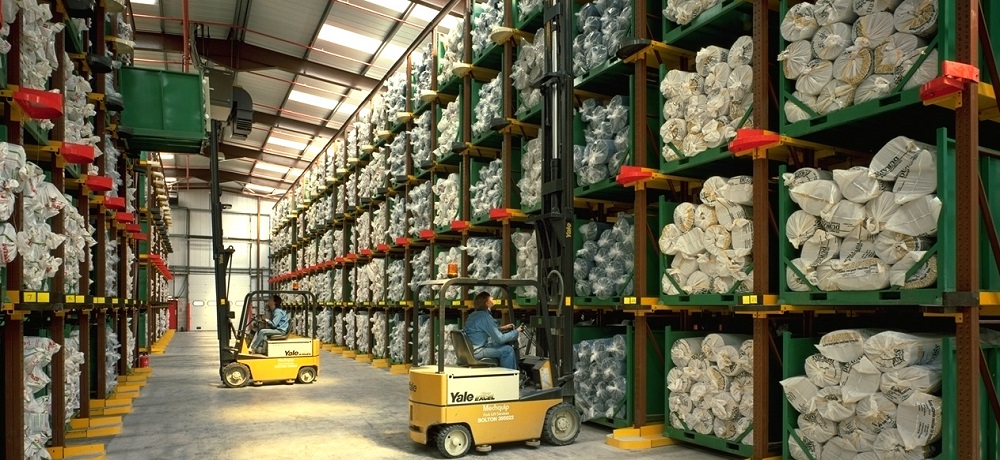Interfloor

Rutland formed the business Interfloor in 2002 through an SBO-IBO deal buying two rival UK underlay businesses both struggling in a tough retail market. The key to making this Europe’s largest and most successful underlay business lay in creating a new can-do culture …
Challenging the way things were
Integrating two well-known brands with very different organisational structures is hard enough. To then look into the ‘machine’ and detect which bits of the newly merged businesses are working and which need to be discarded takes a strong commercial instinct. To do all of that including closing factories and yet keep a committed and motivated workforce, demands hands-on dedication.
As well as operational restructuring, Rutland invested heavily in merchandising and promotion of the new brand, working on improved customer service at the same time. Having ‘right-sized’ the manufacturing footprint, Rutland set about making sure production was as efficient as it could be with the help of experts Newton Industrial Consultants. This also made sure there was stock available for customers when they wanted it.
Getting efficiency gains onto the bottom line
It was clear that there were constraints to efficient manufacturing – some real and some imagined. With Newton embedded on the shop floor engaging enthusiastically with the issues, it became clear that productivity could be transformed. Line speeds were increased by as much as 10% and when problems were encountered ways were found to deal with it. The result was a 44% increase in output and a 36% reduction in B grade product. A net increase in profit was achieved of £1.6m per annum.
Culture change on many levels
Creating and turning Interfloor around meant engaging with the business at all levels from shop floor to understanding the dynamics of the sector as a whole. Culture change was a central part of making the business successful – there had to be an acceptance of new ways of doing things rather than allowing attachment to old ways to slow the business down. Rutland brought two relatively small struggling businesses together, made them efficient as one stronger business and promoted the new brand to customers. In 2005 the business was sold ready to grow further, to EAC for £84.1m. This doubled Rutland’s original investment over a three-year period.


